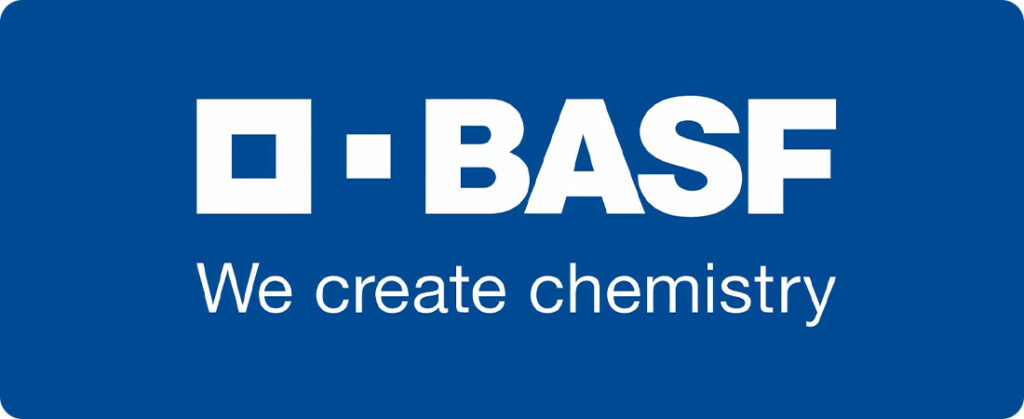
German chemicals and biotechnology giant BASF has released its first responsible sourcing report for its Care Chemicals division.
The report is an extension of the company's Palm Oil Progress Report, published annually since 2016, as announced by BASF on November 16.
In addition to highlighting the company's developments and achievements, BASF mentioned that the new report has broadened the focus beyond certified sustainably sourced palm kernel oil (PKO) to include coconut oil, castor oil and other bio-based active ingredients .
As part of the company's commitment to increasing sustainability, BASF, which purchased 1.2 million renewable raw materials last year, announced it was expanding its collaboration with partners in the palm oil supply chain to include other crops, in which the company had expanded its line of certified sustainable products.
BASF reinforces commitment to sustainability in palm, coconut and castor oil supply chains
As reported, BASF purchased only sustainable palm certified by the Roundtable on Sustainable Palm Oil (RSPO) and PKO last year, tracking nearly 97% of its total palm exposure of 375,500 tons down to the oil mill level.
The company said it obtained 76.2% of its traceable raw material from 10 provinces in Indonesia and Malaysia.
[The company was connected to 36 provinces in the two countries, totaling 88% of its traceable raw material supply. (I don't understand that, nor do I, although that's how it was worded, so maybe I should remove that sentence...)
Furthermore, BASF stated that it carries out supply risk assessments. These analyzes consider environmental and social criteria. The company has achieved full traceability of certified sustainable palm oil. This oil comes from 400 plants certified by RSPO.
In the coconut oil sector, BASF reported that it trained 4,100 small coconut producers in Good Agricultural and Agricultural Management Practices.
BASF has joined forces with Arkema, Jayant Agro-Organics and Solidaridad to improve working conditions for castor oil producers. The Pragati Project aims to create awareness about sustainable agriculture and increase productivity through efficient agricultural practices. This collaboration then resulted in the sustainability code SuCCESS (Sustainable Castor Caring for Environmental and Social Standards), establishing a standard for certified sustainable castor oil.
Advancement in sustainable design in Indonesia
As part of the project, more than 6,000 hectares of castor bean cultivation were carried out in accordance with the code, and 50,000 certified castor bean seeds were produced.
BASF emphasizes its close collaboration with stakeholders along the value chain. This partnership seeks to promote a diverse and equitable environment, involving women and small farmers. For example, in partnership with Indonesian non-profit organization Kaleka, the company is working to support Indonesian smallholder farmers in sustainable palm and PKO cultivation.
The objective of the scheme is to certify 200 hectares of land in the first two years, according to the RPSO. This effort aims to support 100 farmers in the long term, as announced on the company's website.
BASF's Care Chemicals division's range includes products for personal care, home care, industrial and institutional cleaning, and technical applications. The portfolio includes surfactants, emulsifiers, polymers, emollients, chelating agents, cosmetic active ingredients and UV filters.
Source: Oils & Fats International















